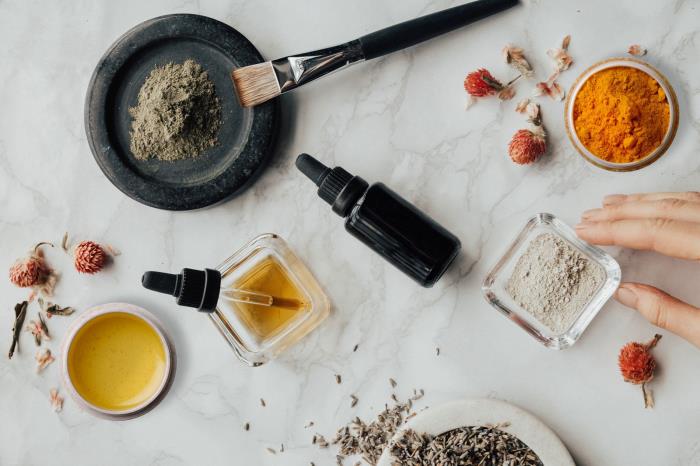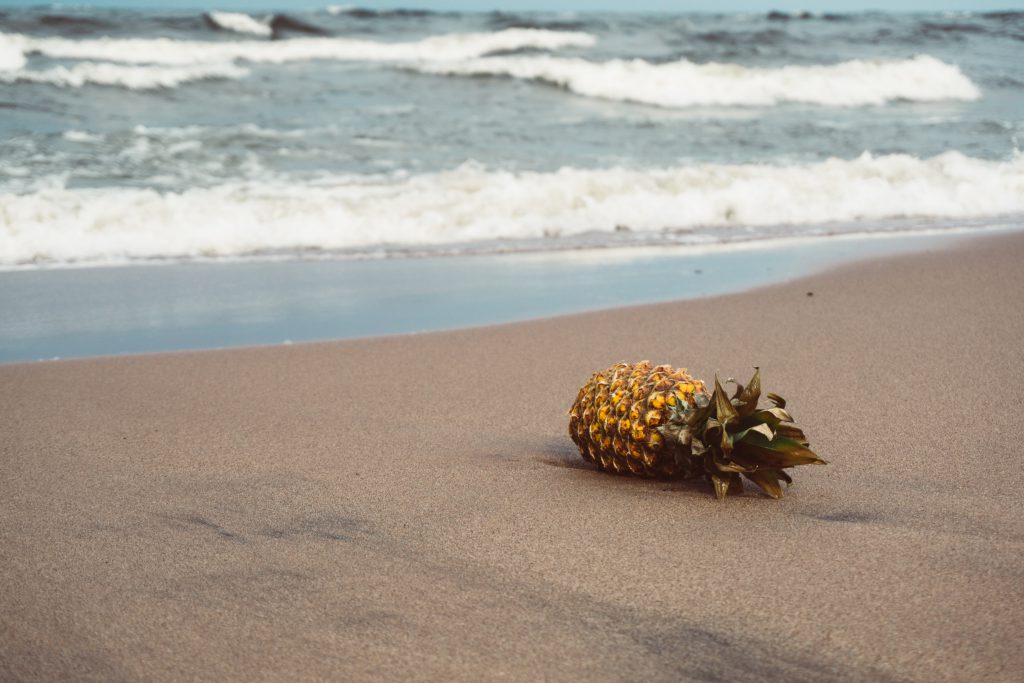
Living Your Best Waterless Beauty Life
Wash, wash, wash. Tone, tone, tone. Cleanse. Cleanse Cleanse.
We’ve become so used to standard skincare routines that it has become impossible to imagine any type of waterless beauty routine. Whether it is in our moisturizers, cleansers, toners or serums, you’ll realize that ‘aqua’ is always the number one ingredient. The tendency to buy more products than we need made us neglect just how much it can harm the environment.
This International Women’s Day, it is time to reconsider your relationship with water and skincare.
Why Waterless Beauty?
Beauty in our modern world has become complicated. We often feel ‘beautiful’ only when we’ve ticked the boxes of a number of beauty activities. A survey conducted by skincare tool brand, Foreo, revealed that 61% of women suffer from regularly comparing their appearance to others.
But this wasn’t always the case in the past, as ancient cultures had different beauty routines that cared for the environment. For instance, Ancient Egyptians were known to use natural ingredients, such as oils, clays, and flower water.
The truth is that water on its own isn’t transformative. It is merely a “transporter of other active ingredients”, explains Dr. Lauren Hamilton, cosmetic doctor and founder of Victor & Garth.
The world is moving towards a water climate crisis, which is why excessive use of water must be reduced. According to 2019 research by UNICEF and the World Health Organization, one in three people globally don’t have access to safe drinking water.
With that in mind, a new wave of waterless beauty is currently sweeping the industry.
The IPCC report released just a few days ago also highlighted the link between the climate crisis and the water crisis, and how failing dams, flooded homes and dried up rivers will continue to escalate if we fail to take action.
What is Waterless Beauty?
The concept of waterless beauty originated in South Korea, before it started to gain more popularity in the West in 2015. According to Glendean Rehvan, skincare director at In-Trend, the waterless concept revolved around increasing the potency of skincare products.
One of the reasons waterless beauty rose in popularity was because excessive water can also have its own negative effects. Water-based products can dry out skin and hair because the water evaporates, which also takes out the skin’s healthy and natural oils.
Waterless beauty products are also more concentrated than their water-based counterparts, as they contain higher levels of active ingredients. Since they are more concentrated, this also means that waterless skincare essentials last longer as we use less each day.

Clean Beauty with Pineapple
There are many different ways to benefit from our natural fruits to protect your skin.
Fruit water or fruit juice, for instance, extracted directly from the whole fruit can be extremely nourishing to the skin. Pineapple is rich in vitamins, antioxidants, fiber, and water, and also contains a powerful enzyme called bromelain. Bromelain is contains anti-inflammatory, antioxidant, and antibacterial properties.
Pineapple’s vitamin C can also take care of your skin health, as it promotes wound healing by supporting the production of new skin cells.
To extract its juice, follow these simple steps:
- Remove the crown of the leaves of the pineapples
- Peel the fruits and then crush into a wort
- Heat to extract the juice
After you’ve extracted the juice, take it on a cotton ball and apply it gently to the face. Rinse it off five minutes later, keeping in mind that you shouldn’t leave it on for too long to not burn the skin.
To get Chestnut Hill Farms news and updates delivered to your inbox, sign up for our newsletter.


